Chromebooks are equipped with a touch screen, making them easy to use and perfect for on-the-go productivity. However, sometimes the touch screen feature may not be enabled by default or may stop working for unknown reasons.
If you need to use your Chromebook in tablet mode or navigate through applications using touch controls, here are three easy ways to turn ON touch screen on your Chromebook.
3 Quick ways for turning on touch screen on a Chromebook
Here are three methods that you can use to make your Chromebook touchscreen.
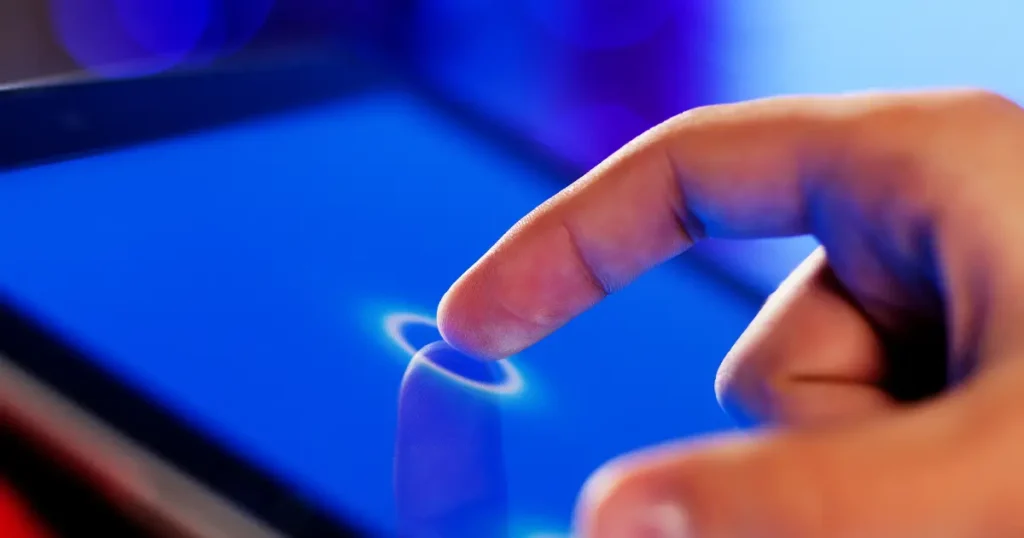
- Using keyboard shortcuts
- Using settings menu
- Using device manager
Method 1: Using keyboard shortcuts
The first and easiest way to enable the touch screen feature on your Chromebook is by using a keyboard shortcut.
Step 1: Press the “Ctrl” and “Shift” keys simultaneously.
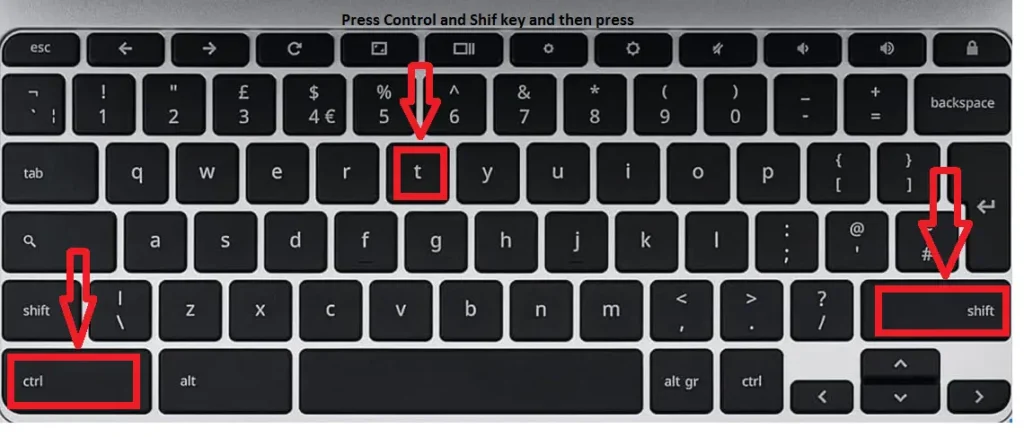
Step 2: While still holding down these two keys, press the “T” key to enable touch screen mode.
Alternative shortcut: If this method doesn’t work for you, try pressing “Ctrl + Shift + P” instead. Some Chromebooks use this shortcut to enable touch screen mode.
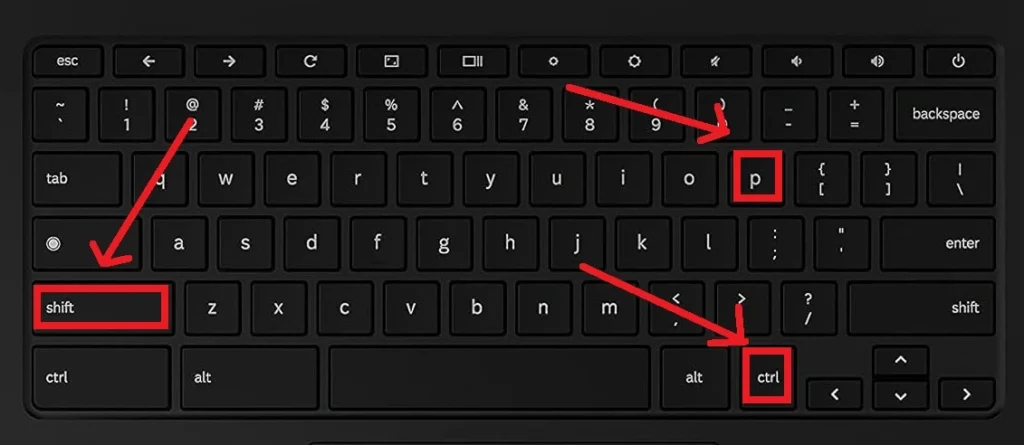
Method 2: Using touch screen settings
If the keyboard shortcut method does not work, you can try checking the touch screen settings on your Chromebook.
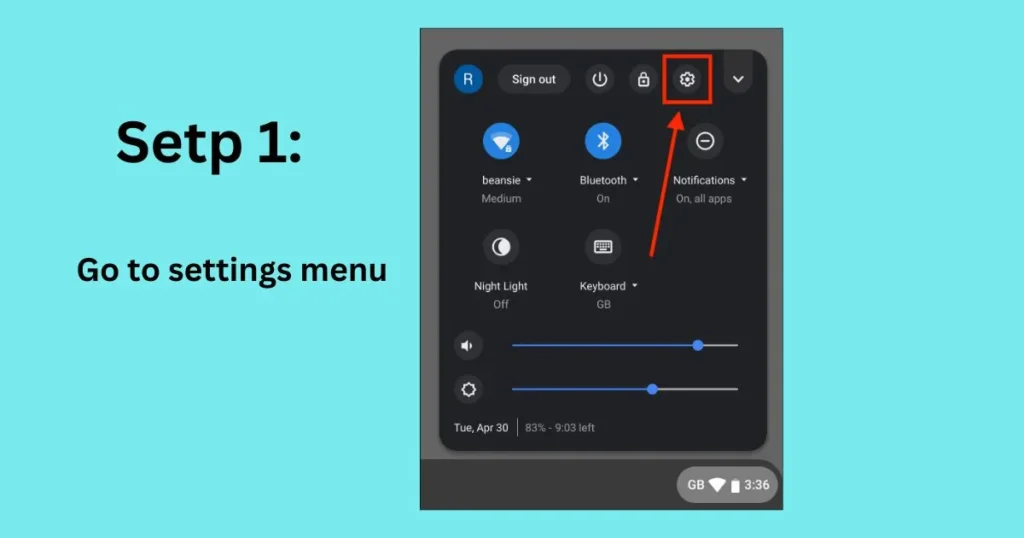
- Click on the time in the bottom-right corner of your Chromebook screen.
- Click on Settings from the menu that appears.
- In the settings window, click on Device and then select Touchpad and Mouse from the left menu.
- Scroll down to the bottom of the page and make sure that the toggle next to Enable touch screen is turned on.
- If it’s not, simply click on it to turn it on.
Your touch screen should now be enabled. If not, try next method.
Method 3: Enabling Touch Screen through the Device Manager
You can also use device manager to turn on the touch screen on your Chromebook.
- Press “Search” + “Esc” keys simultaneously.
- This will open the “Chrome Task Manager.”
- Click on the “Hamburger” icon in the top-left corner to open the drop-down menu.
- Click on “Device manager.”
- In the device manager, click on the arrow next to “Human Interface Devices” to expand the list.
- Look for your touch screen in this list.
- Right-click on your touch screen and select “Enable.”
Your touch screen should now be enabled and ready for use.
How to turn off touch screen on a Chromebook?
After you have finished using your touchscreeen, you should disable it to avoid accidental clicks.
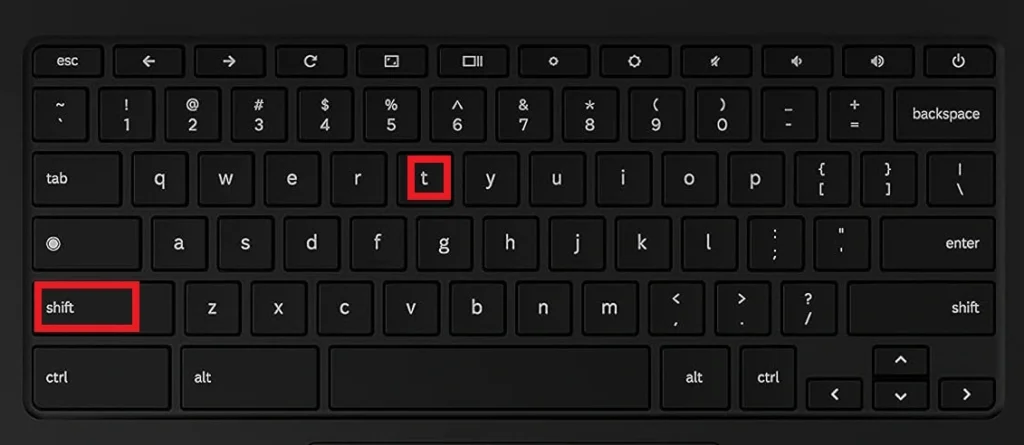
To turn off the touchscreen on your Chromebook, press and hold the “search” + “shift” keys simultaneously. Then press the “T” key.
How to use touch screen on the Chromebook?
Now that you have enabled the touch screen feature on your Chromebook, here are a few tips for using it effectively:
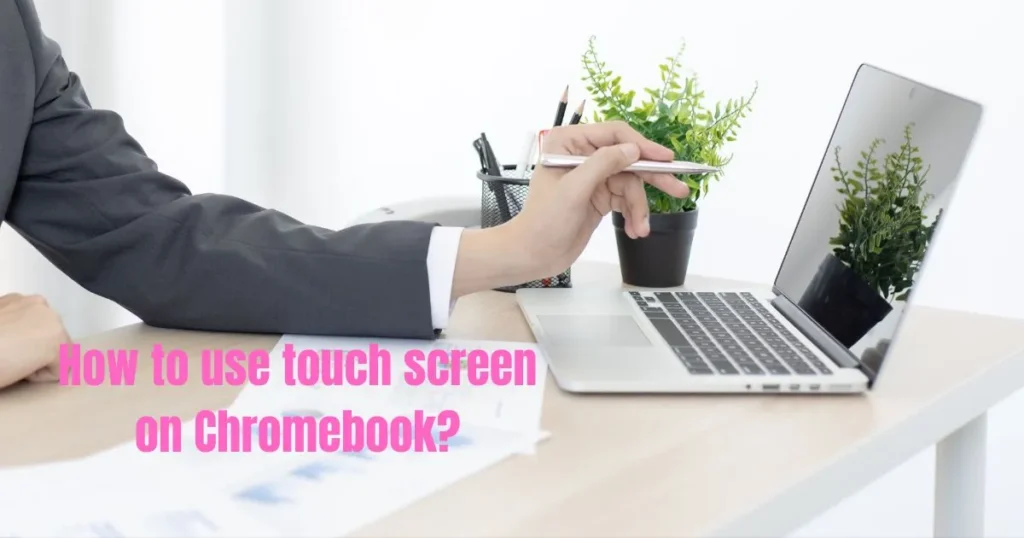
- Swipe left or right with one finger to switch between open applications.
- Pinch in and out with two fingers to zoom in and out of web pages or documents.
- Tap once to click on an item, double-tap to open an application or folder, and tap and hold to drag and drop items.
- Use two fingers to scroll up or down on web pages or documents.
- To go back to the previous page, swipe from the left edge of the screen towards the right.
- Use three fingers to swipe between tabs in your web browser.
- If you want to take a screenshot, simply tap and hold with one finger, then tap with another finger to take the screenshot.
With these tips, you can now effectively use your Chromebook’s touch screen feature for increased productivity.
Why is the touch screen not working on my Chromebook?
Your touch screen will not work properly on your Chromebook if:
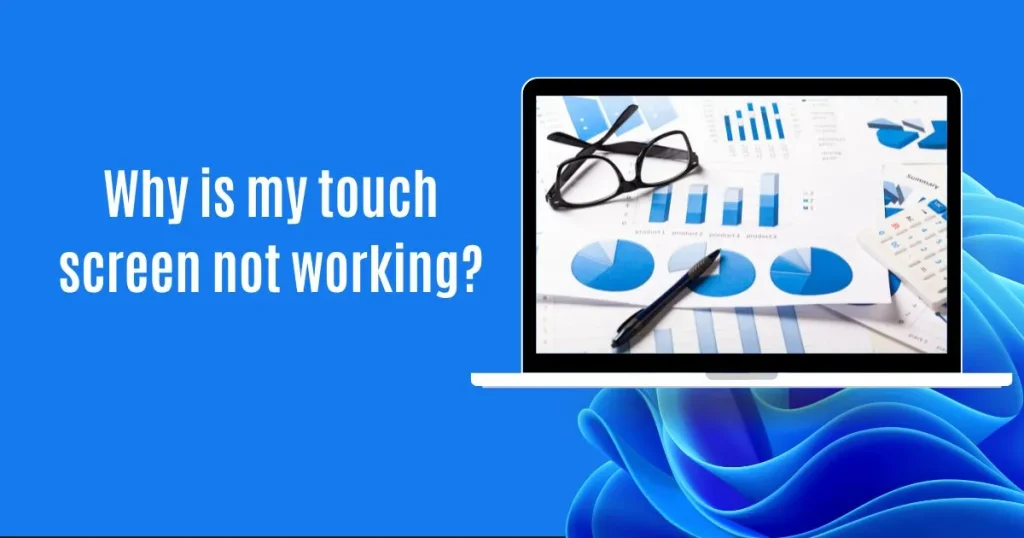
- It is disabled in the settings menu.
- There is dust on the screen.
- It is damaged physically.
- Chrome is outdated.
- Touchscreen driver is corrupted or outdated.
How to calibrate touch screen on Chromebook?
To calibrate the touchscreen on your Chromebook, go to settings menu and click on “Device” option. Then click on “Touchscreen”.
Now, click on the “Calibrate” button to start the process. Follow the on-screen instructions to complete the process.
How do I fix it when my Chromebook touchpad isn’t working?
If the touchpad is not working properly on your Chromebook, you should clean it to remove the dust it contains.
If it is still not working, you can try to update the Chrome OS or reset your device.
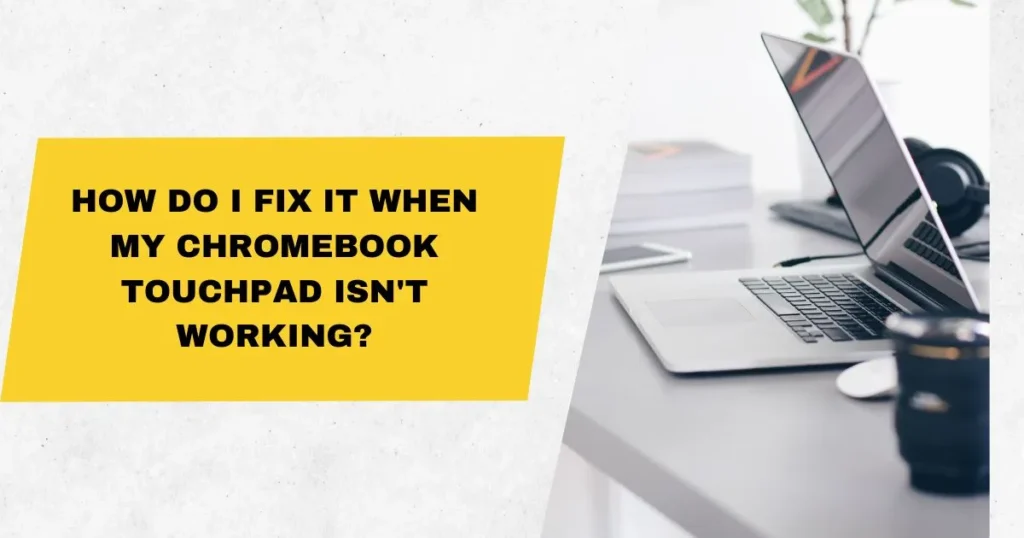
How do I clean the touchscreen on my Chromebook?
To clean the touchscreen, turn off your Chromebook and use a lint-free cloth.
Never use harsh chemicals to clean your Chromebook screen, as they can damage the screen.
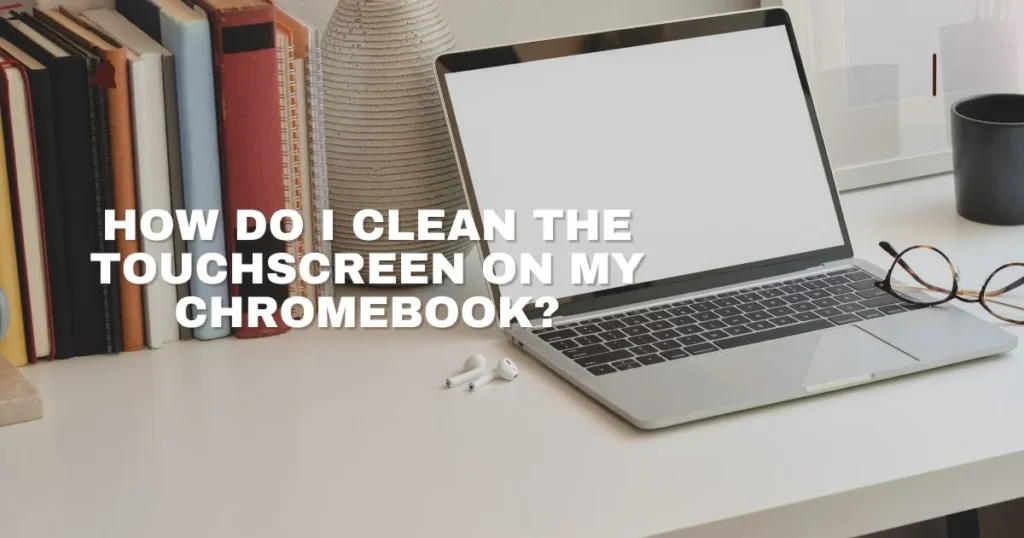
Bottom Line:
In this blog post, we have provided three simple ways for enabling touch screen on a Chromebook. You can try each and see which one works best for you.
We have also discussed some common reasons that cause a touchscreen from working properly and trouble shooting tips to fix them.
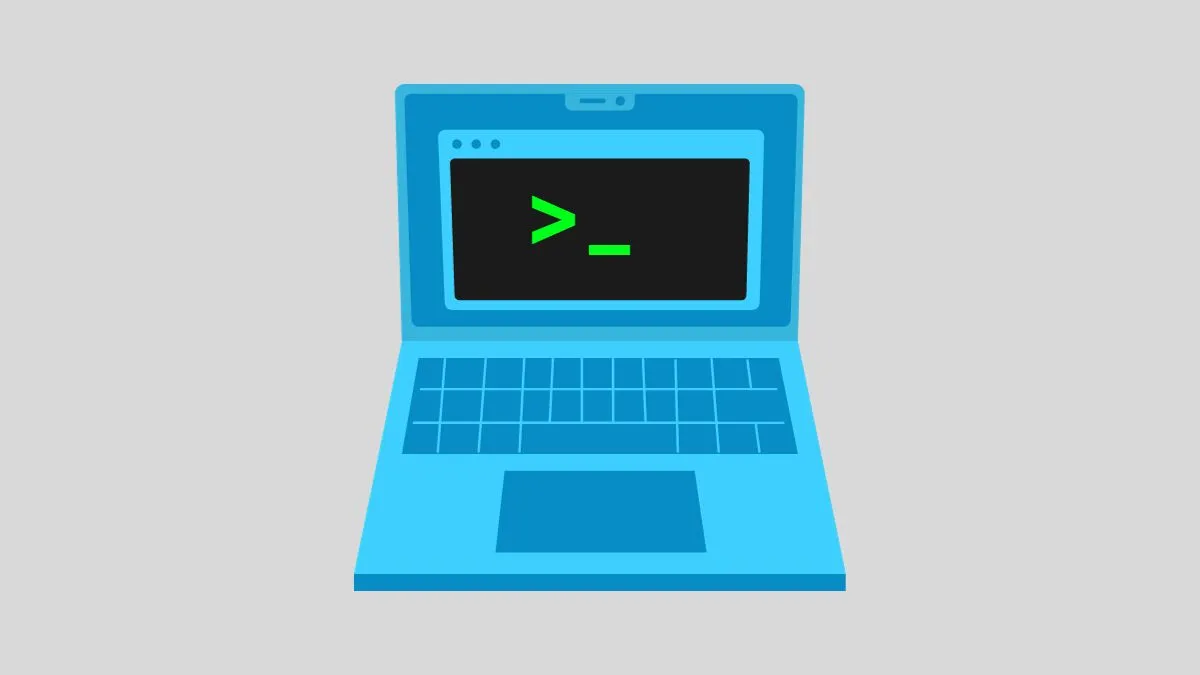
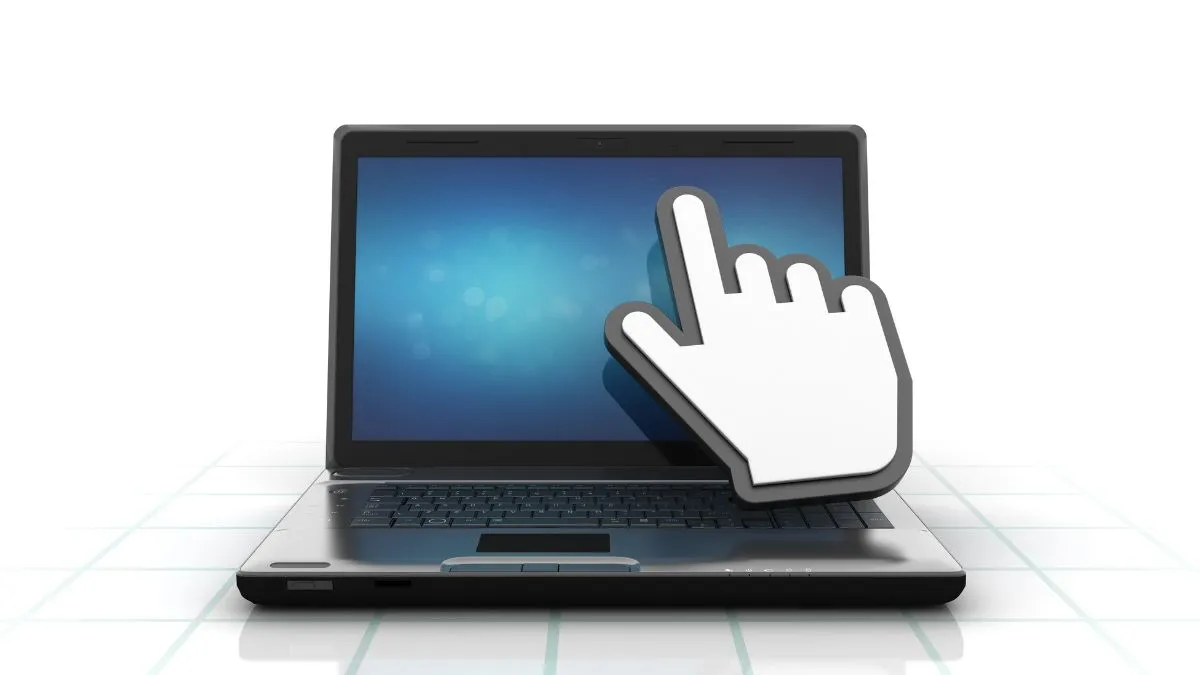

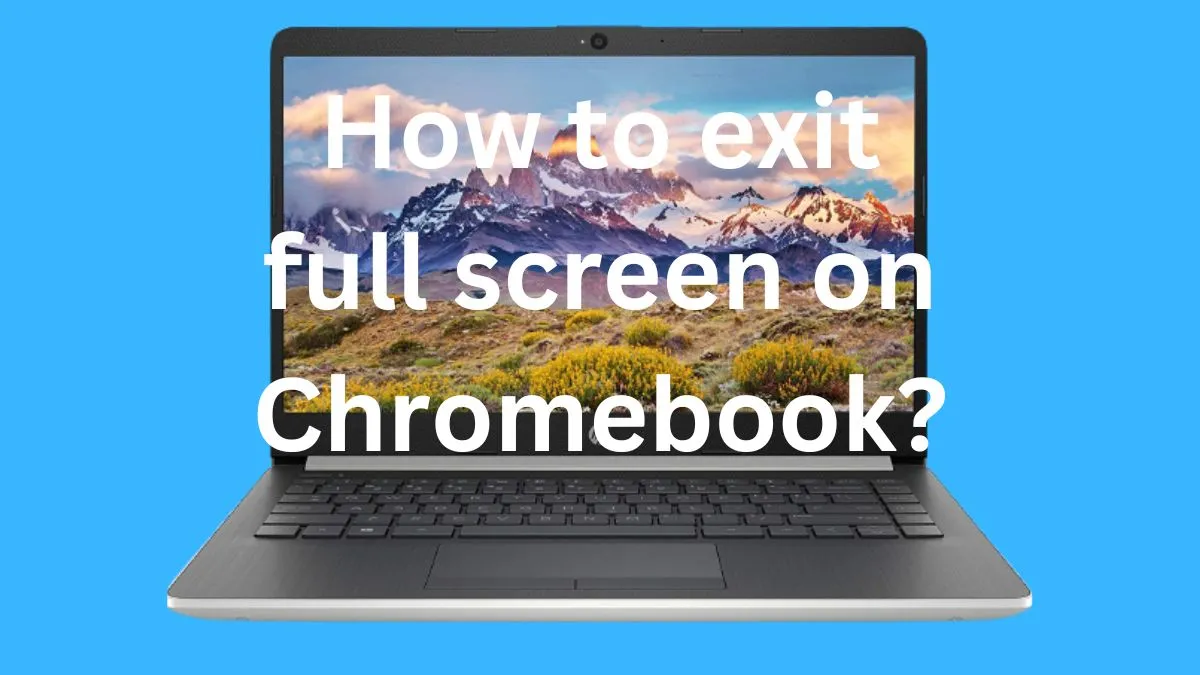

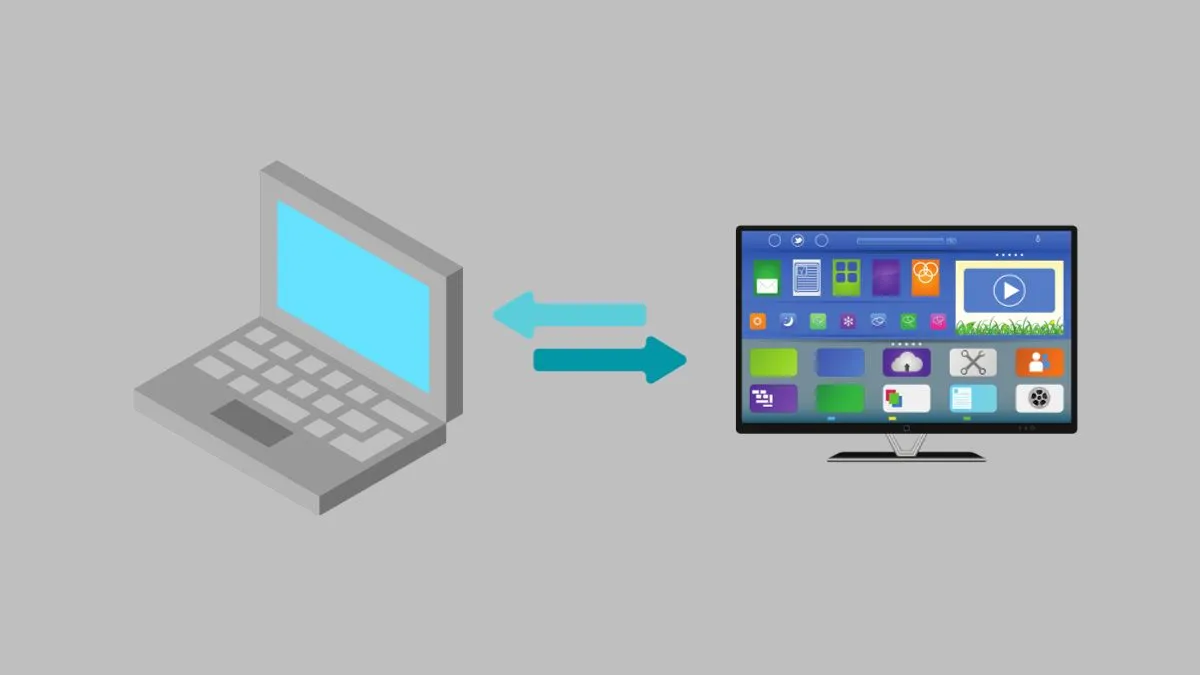
I just tried this and it works great! Thanks for the tip!